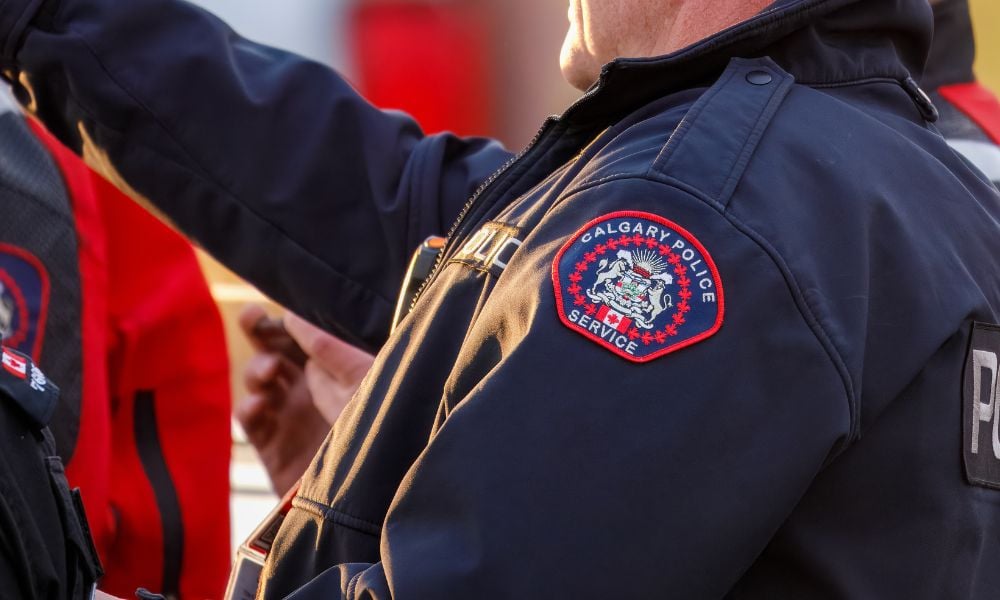All police forces across Canada should have a "clear and coherent" mental health strategy in place for their members and staff, according to experts at a recent conference on psychological health and safety for police.
The strategy should encourage open, trusting conversations in safe environments.
The conference, put on by the Mental Health Commission of Canada (MHCC) and the Canadian Association of Chiefs of Police (CACP) in February in Mississauga, Ont., brought together more than 200 delegates from across Canada to share perspectives, learn from best practices and develop strategies to improve mental health in policing.
"We recognize the dynamics of policing dictates that police personnel, and other first responders, are exposed to a unique and difficult set of job-related hazards," said Louise Bradley, president and CEO of MHCC, and Clive Weighill, president of CACP in a joint statement. "Furthermore, we acknowledge that the policing culture of needing to be strong and brave can reinforce stigma related to mental illness and it is therefore our challenge to change how we collectively treat and think about mental health problems and illnesses."
Delegates and experts at the conference agreed for a need to shift attitudes, reduce stigma and find new ways to address psychological health and safety in police services. There is also a need to find innovative ways to share resources and best practices among these workforces.
MHCC and CACP, along with academic institutions, mental health service providers and the community, are working together to develop more research in the area of mental wellness and policing.
The strategy should encourage open, trusting conversations in safe environments.
The conference, put on by the Mental Health Commission of Canada (MHCC) and the Canadian Association of Chiefs of Police (CACP) in February in Mississauga, Ont., brought together more than 200 delegates from across Canada to share perspectives, learn from best practices and develop strategies to improve mental health in policing.
"We recognize the dynamics of policing dictates that police personnel, and other first responders, are exposed to a unique and difficult set of job-related hazards," said Louise Bradley, president and CEO of MHCC, and Clive Weighill, president of CACP in a joint statement. "Furthermore, we acknowledge that the policing culture of needing to be strong and brave can reinforce stigma related to mental illness and it is therefore our challenge to change how we collectively treat and think about mental health problems and illnesses."
Delegates and experts at the conference agreed for a need to shift attitudes, reduce stigma and find new ways to address psychological health and safety in police services. There is also a need to find innovative ways to share resources and best practices among these workforces.
MHCC and CACP, along with academic institutions, mental health service providers and the community, are working together to develop more research in the area of mental wellness and policing.





